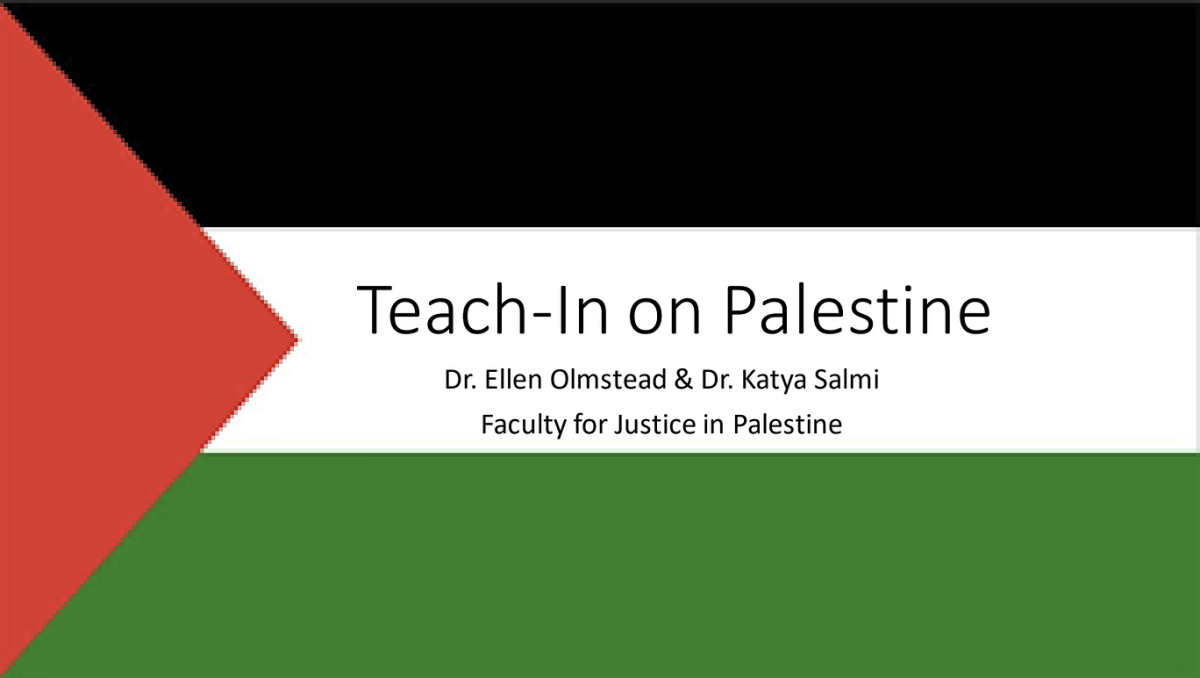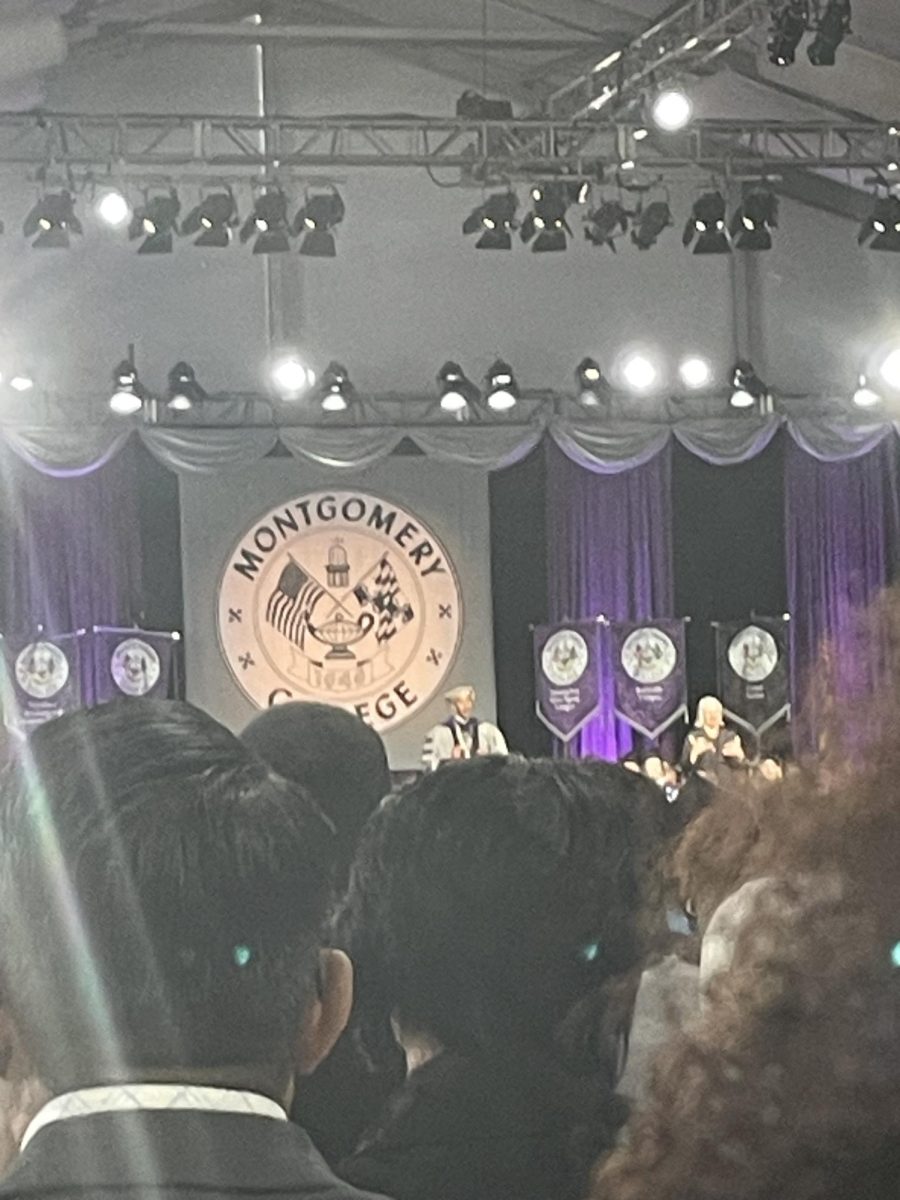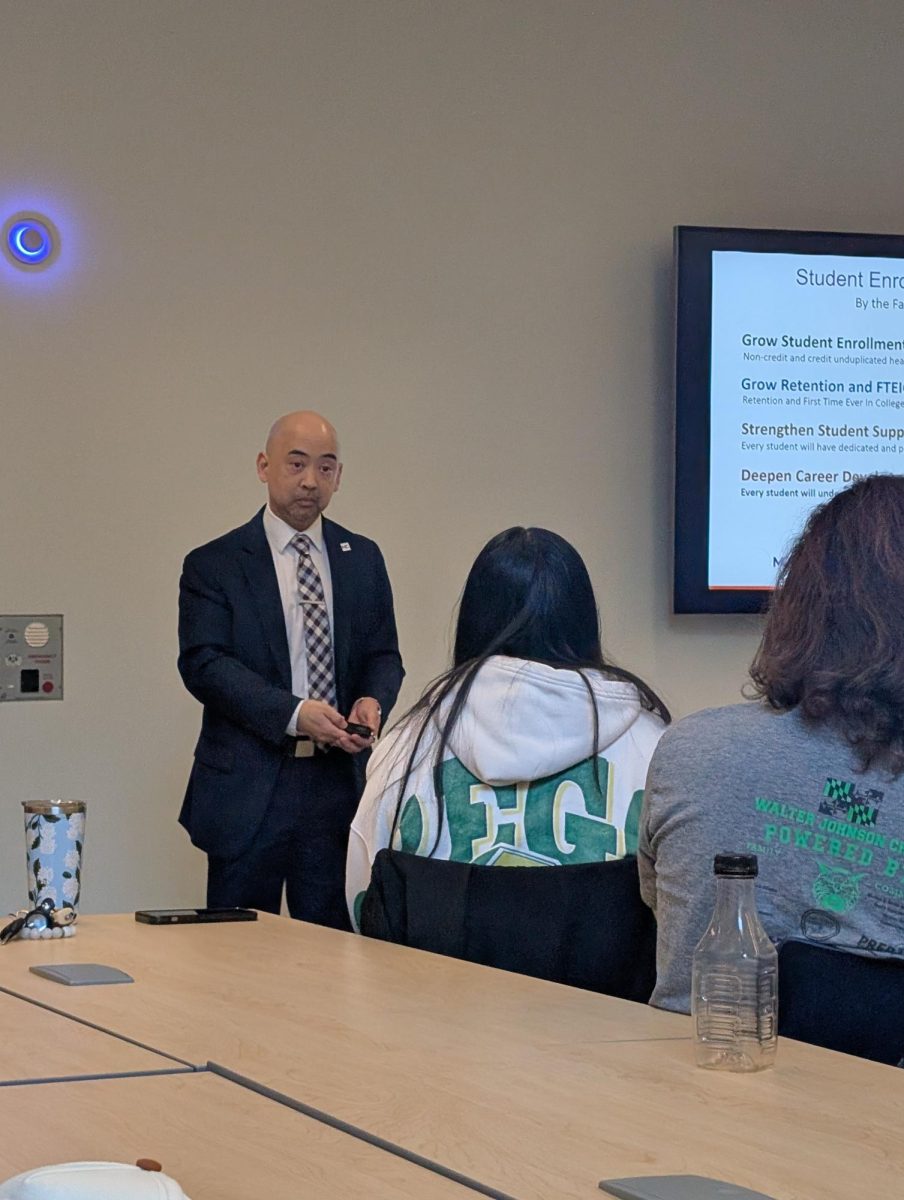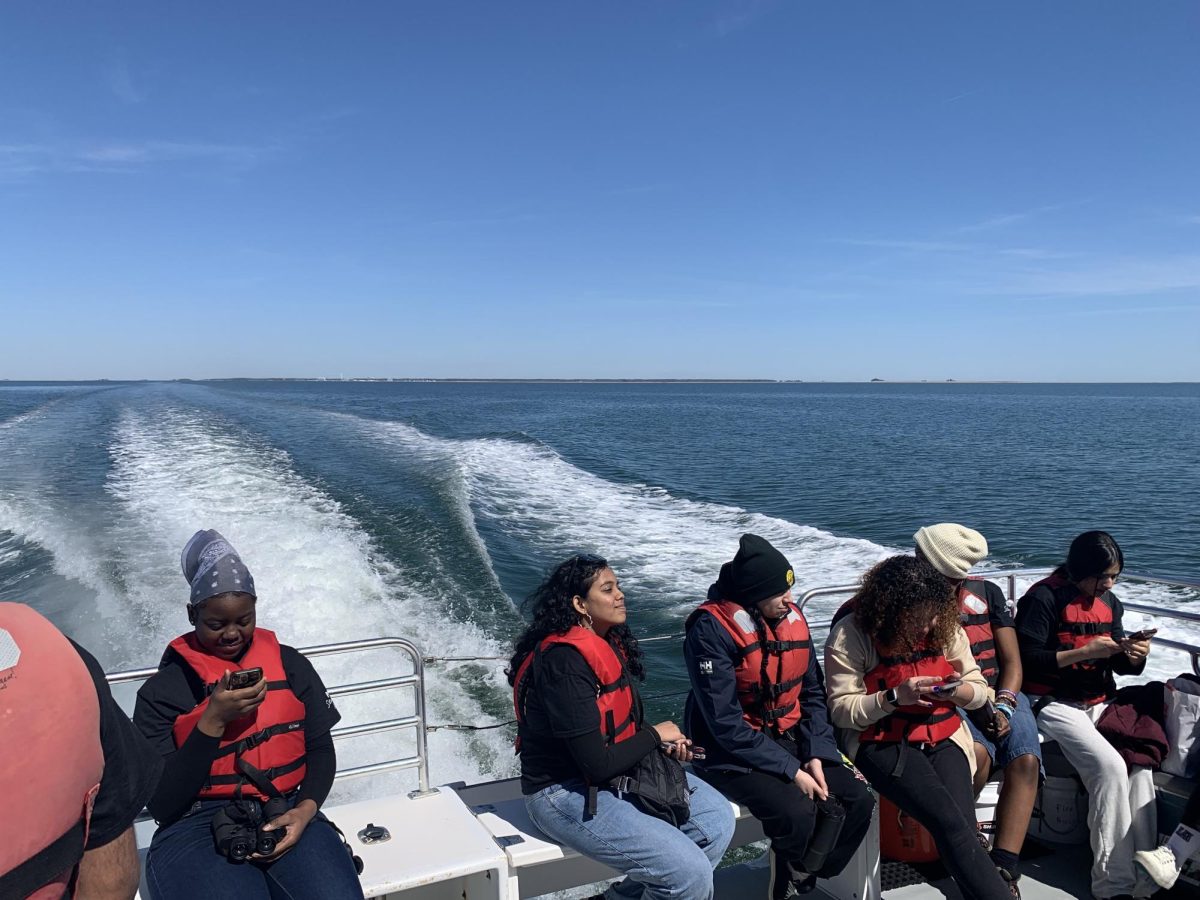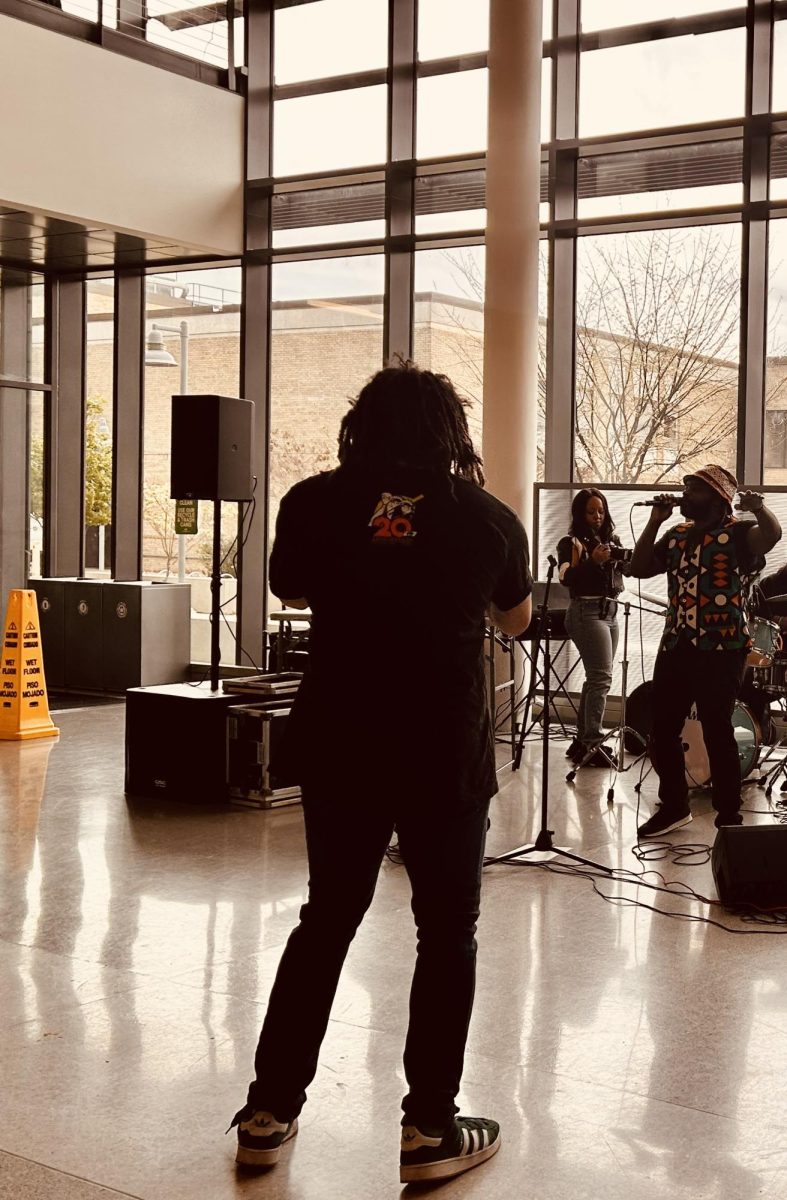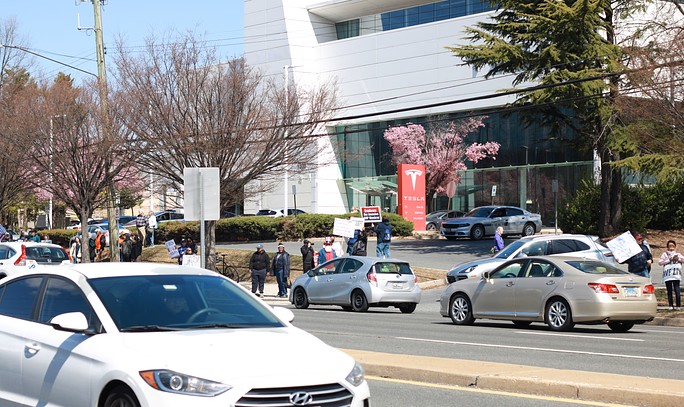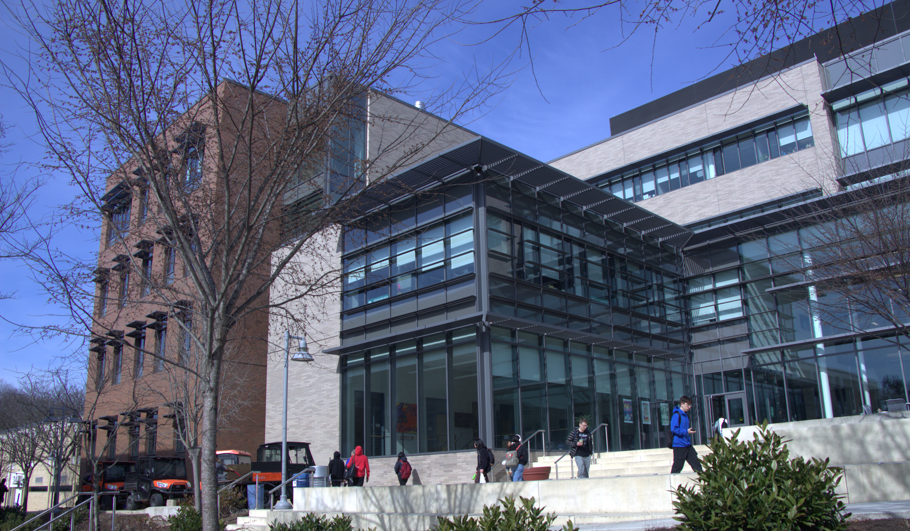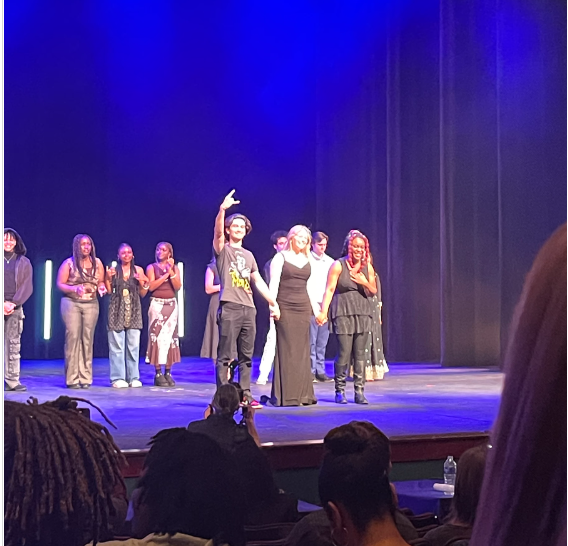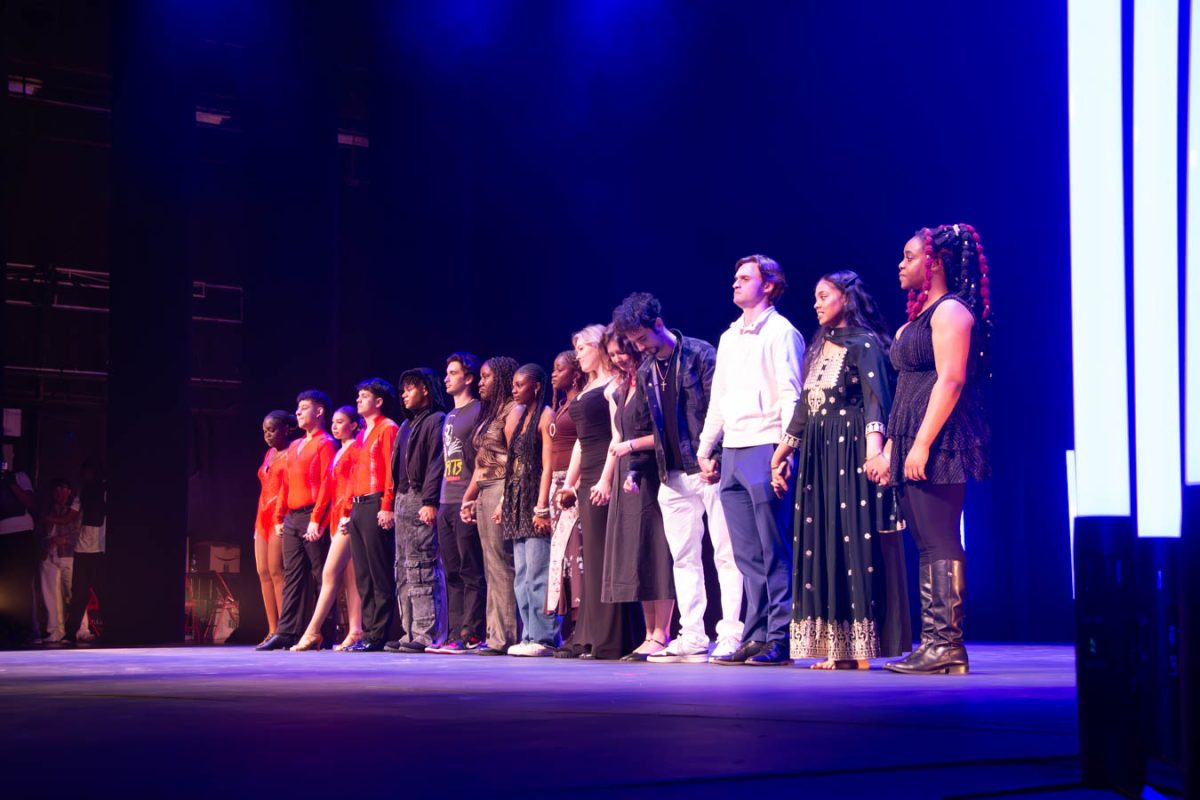Montgomery College (MC) took a significant step toward advancing a college-wide culture of open dialogue and understanding on February 20, 2024. This initiative materialized with the first Israel-Palestine Teach-In, held at the Montgomery College Takoma Park/Silver Spring Campus. Professors Katya Salmi and Ellen Olmstead orchestrated the event.
Professor Salmi teaches sociology on the Rockville Campus. Professor Olmstead, an English professor on the Takoma Park/Silver Spring Campus, received inspiration from a fellowship in Palestine, motivating her to collaborate with Salmi in organizing the teach-in on the conflict.
As members of the Faculty for Justice in Palestine (FJP), Professors Ellen Olmstead and Katya Salmi decided to organize the Israel-Palestine Teach-In at Montgomery College. FJP is a national organization of college and university faculty dedicated to fostering understanding, advocating for justice, and promoting human rights in the Israel-Palestine conflict.
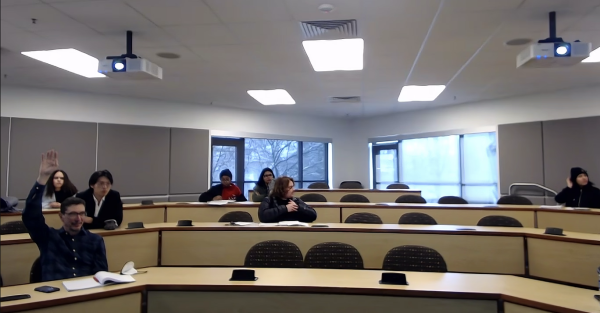
While their commitment to FJP’s mission of fostering understanding and advocating for justice in the Israel-Palestine conflict motivated both professors, Professor Olmstead’s fellowship in Palestine deepened her determination.
This experience not only enriched her perspective, but also motivated her to collaborate with Professor Salmi, a fellow member of FJP, to initiate this educational event. Their shared affiliation with FJP and Professor Olmstead’s firsthand insights from Palestine played a crucial role in their decision to create a platform for informed dialogue and promote peaceful solutions to the conflict.
The concept of the teach-in is deeply rooted in the traditions of academic activism and public discourse. Professor Olmstead’s reflection on the historical significance of teach-ins as tools for social awareness and change underscores a pivotal aspect of this educational strategy.
Originating in the 1960s as a form of nonviolent protest against the Vietnam War, teach-ins were designed to be an innovative educational approach that combined the rigor of academic inquiry with the urgency of civic engagement.
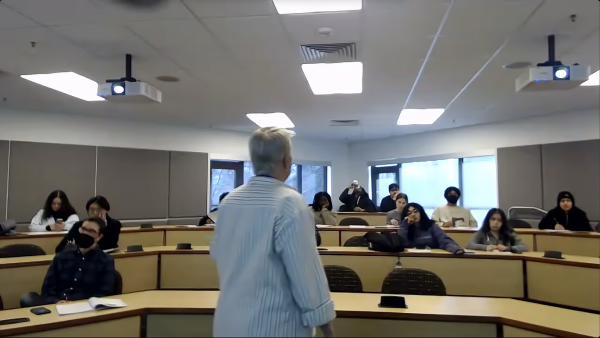
Although the event was held at Montgomery College, it was not restricted to just the MC community. The teach-in also served as a bridge-building exercise to develop understanding and stimulate dialogue on one of the most enduring conflicts of our time.
The event at Montgomery College faced disruptions due to the topic’s polarizing nature, with activists from within and outside the college community causing disturbances. In the classroom, interruptions occurred when speakers were presenting, leading to pointed and insensitive remarks such as “This is propaganda!” and “You’re ignoring the real victims!” Explicit comments also flooded the event’s social media pages, including accusations of bias and misinformation.
Due to the intensity of the situation and the deep emotions involved, campus security had to escort several students out of the classroom upon the request of the event organizers.
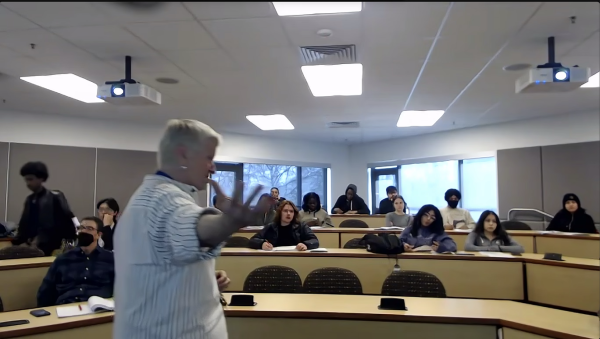
An attendee of the event, who wished to remain anonymous, shared their perspective on the teach-in. They remarked, “These disruptions, while challenging, did not detract from the event’s value.” This sentiment underscores the resilience of the discussion despite the interruptions.
Separately, another anonymous attendee provided a poignant reflection, adding depth to the conversation. They stated, “Every heated exchange, every interruption, was a testament to how deeply personal and universally impactful the Israel-Palestine conflict is. It’s more than history; it’s about people’s lives and identities at stake.” This observation highlights the emotional and global significance of the conflict.
These “valuable teaching moments,” as described by Olmsted involved in the teach-in, illuminated the emotional investments many individuals have in the subject matter. “These discussions are essential, not despite their challenges, but because of them. They force us to confront the complexities of the conflict and encourage us to think critically about our positions,” the professor noted.
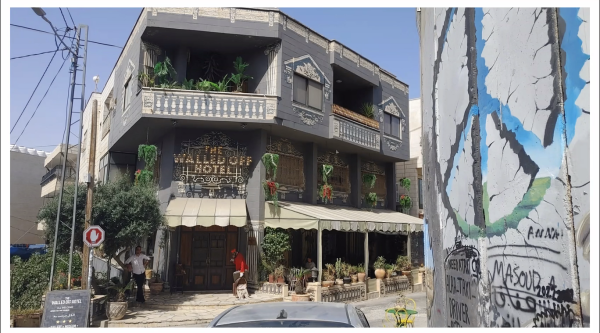
Professor Katya Salmi’s reflections on the Spring 2024 Israel-Palestine Teach-In at Montgomery College underscore a fundamental challenge in educational settings: the difficulty of addressing complex, multifaceted issues within time constraints.
This challenge is not unique to the teach-in, but is emblematic of broader educational endeavors seeking to engage with global issues. Salmi’s statement, “We wanted more time…we thought it was important that the community was also able to be made aware of what was going on,” reflects a deep commitment to comprehensive education and the belief that proper understanding requires patience, time, and the opportunity for a thorough exploration of the topic of discussion.
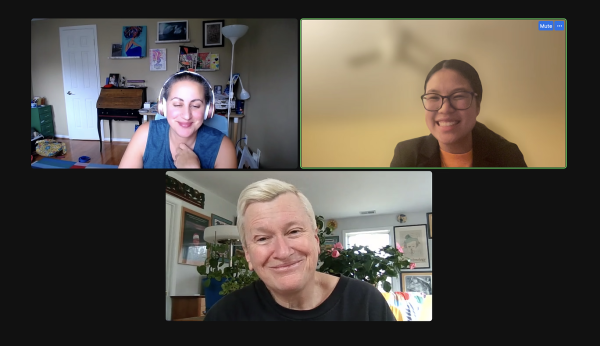
Professor Ellen Olmstead’s approach to integrating the themes of the Israel-Palestine Teach-In into her curriculum exemplifies a forward-thinking strategy for educational engagement. This method underscores the value of experiential learning, where students are encouraged to apply critical thinking and analytical skills to real-world problems.
Olmstead’s observation that students were “very receptive” to this approach indicates a successful pedagogical model that not only enriches students’ understanding. but also stimulates their interest and involvement in global affairs.
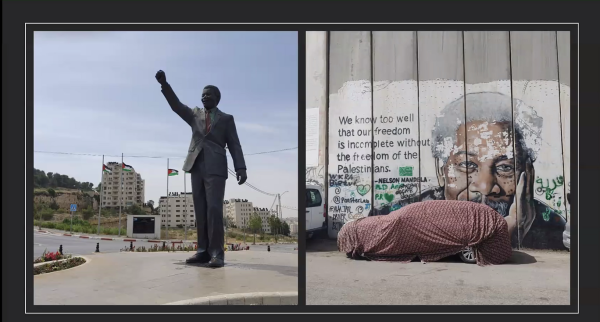
The commitment of Professors Ellen Olmstead and Katya Salmi to education in the face of criticism surrounding the Spring 2024 Israel-Palestine Teach-In highlights a deep-seated belief in the transformative power of learning.
Olmstead’s assertion, “We’re not going to stop because it’s a principle, I mean, this is an educational institution,” reflects a principled stand on the essential role of education in fostering critical discourse, especially on contentious issues.
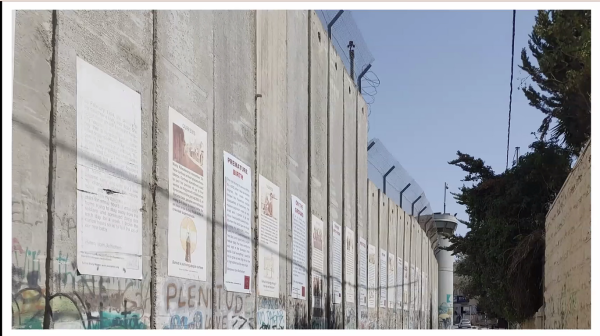
Through their unwavering commitment, Olmstead and Salmi champion the idea that education should not shy away from controversy but rather engage constructively, preparing students to navigate and contribute to complex global conversations. Olmstead explained in a MC Advocate interview, “We’ve gotten many emails of support from the MC community, and we’re surprised that so many people came together to engage with this difficult issue.”
The Israel-Palestine Teach-In at Montgomery College exemplified education’s profound role in bridging societal divides. This event was more than a forum for discussion; it was a catalyst for change, challenging participants to engage deeply with complex issues through informed dialogue.


